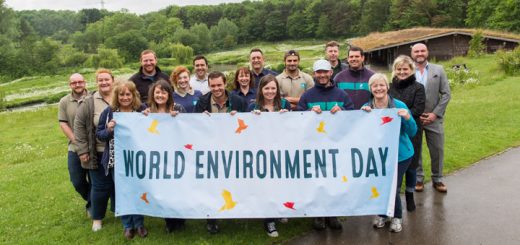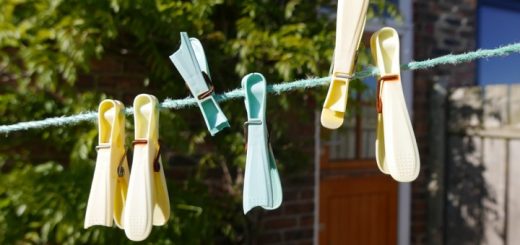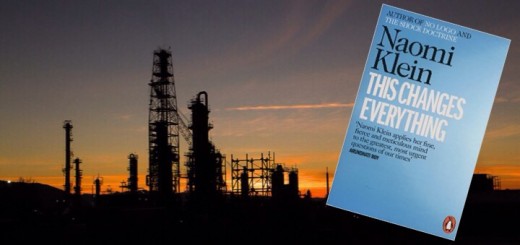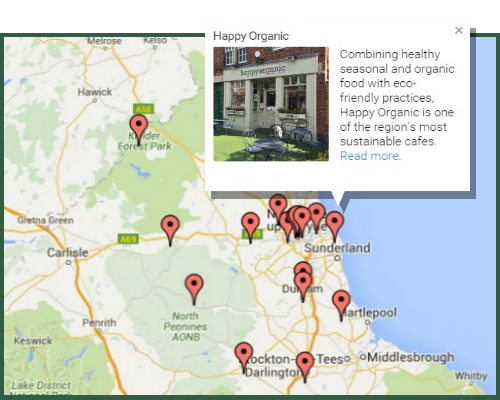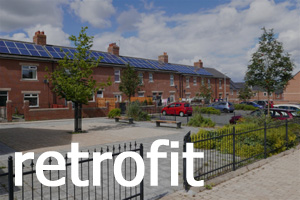No Time to Waste
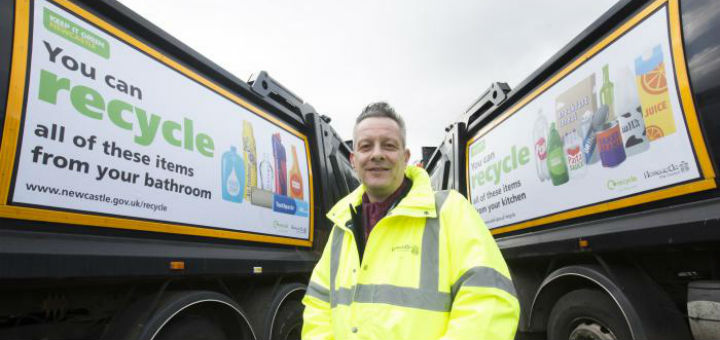
Newcastle’s Waste Commission publishes final recommendations and the City Council sets to work implementing ambitious waste strategy.
Last year, Newcastle City Council set up a task force to consider how to deal with the city’s mounting waste problem. Over 140,000 tonnes of rubbish are collected each year and recycling rates have fallen in recent years. However, as we reported in January, the Waste Commission’s interim findings were encouraging. Now their final report is out and I’m filled with optimism that the city could deliver on its ambitions,
“We cannot be a world leader on waste unless organisations and communities in the city work together to take coordinated action based on shared ambition.”The commission’s report, titled ‘No Time to Waste’, presents the results of 10 month’s of evidence-gathering. The report is weighty but accessible. Most importantly, it presents an encouragingly holistic range of solutions to the problem. In her foreword, the commission’s chair Heidi Mottram points out that, “…this is not a report primarily about bin collections….we cannot be a world leader on waste unless organisations and communities in the city work together to take coordinated action based on shared ambition. ” (1) The solutions lie beyond our blue recycling bins and are bigger than just the city council with businesses, organisations and communities all having their part to play.
The report makes a series of high-level recommendations centred around reducing waste, particularly food waste, and maximising recycling and the value from waste. Two proposals are highlighted for their high potential. Firstly, Newcastle should set an ambitious target to be a zero food waste city. A Good Food Plan for the city could address food inequality whilst reducing the environmental impact of food waste (2). Secondly, Newcastle should create a Resource Partnership to stimulate growth in the Circular Economy. Could we see the UK’s first ‘re-use shopping mall’ established here in the North East?
The Commission’s Recommendations:
1. Newcastle set an ambitious target to be a zero food waste city.
2. Newcastle make waste minimisation a key priority, with ambitious targets for waste reduction.
3. Newcastle adopt bold new approaches to significantly increase recycling.
4. All stakeholders retain the maximum value from waste in the city.
5. That where energy from waste is generated, Newcastle’s homes and businesses should benefit.
6. The city drive positive behaviour change with communities.
7. Newcastle Build zero waste principles into homes, buildings and spaces.
The city council have already started putting the commission’s recommendations into action. New banners and flyers will help households understand what can be recycled. As a major employer in the city, the council is also working to reduce its own waste, particularly single-use plastics, and encouraging local businesses to match this commitment. The Good Food Plan has already been put in place (2) and the council is working to establish a Resource Partnership. Excitingly, Northumbrian Water are planning to bring the Refill initiative to Newcastle to help people avoid buying bottled water.(3)
When I first read the report, I was concerned that Newcastle City Council would struggle to implement it’s recommendations. Simply put, most of the solutions are bigger than any one organisation. It’s encouraging to see the council getting stuck in, and we should all look beyond our wheelie bins. Residents, businesses and organisations all need to change their own relationship to waste if this new strategy is to succeed.
Feature Photo:
Cabinet member for Neighbourhoods and Regulatory Services, Councillor Nick Kemp. Photo by Newcastle City Council.
References:
(1) Heidi Mottram, Newcastle Waste Commission Final Report ‘No Time to Waste’, Foreword, February 2018
(2) Newcastle Good Food Plan a recipe for a healthier city, Newcastle City Council News, 14 February 2018
(3) Council acts on report, Newcastle City Council News, 15 March 2018





